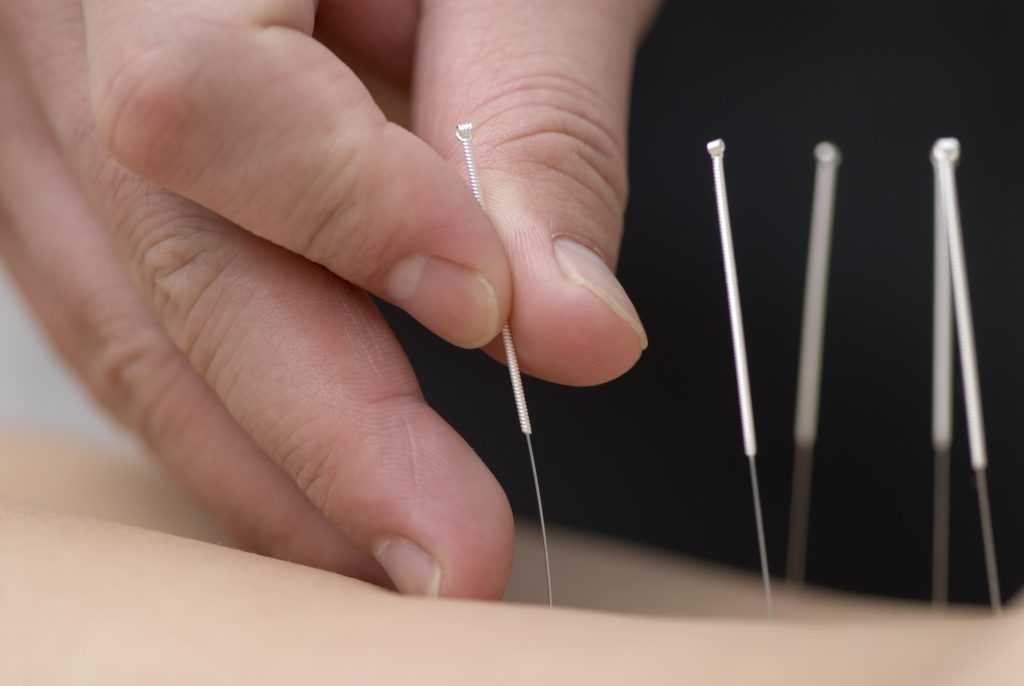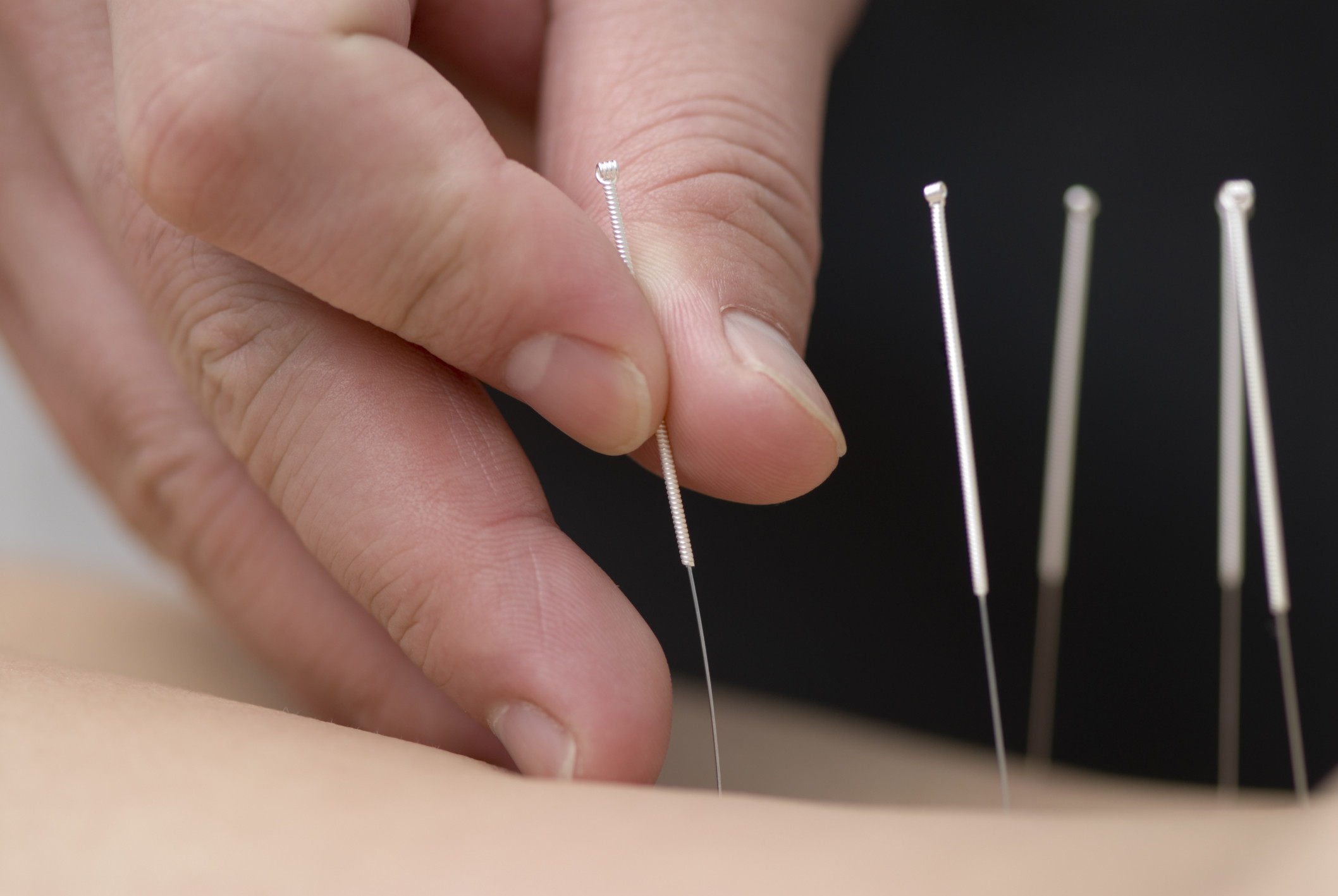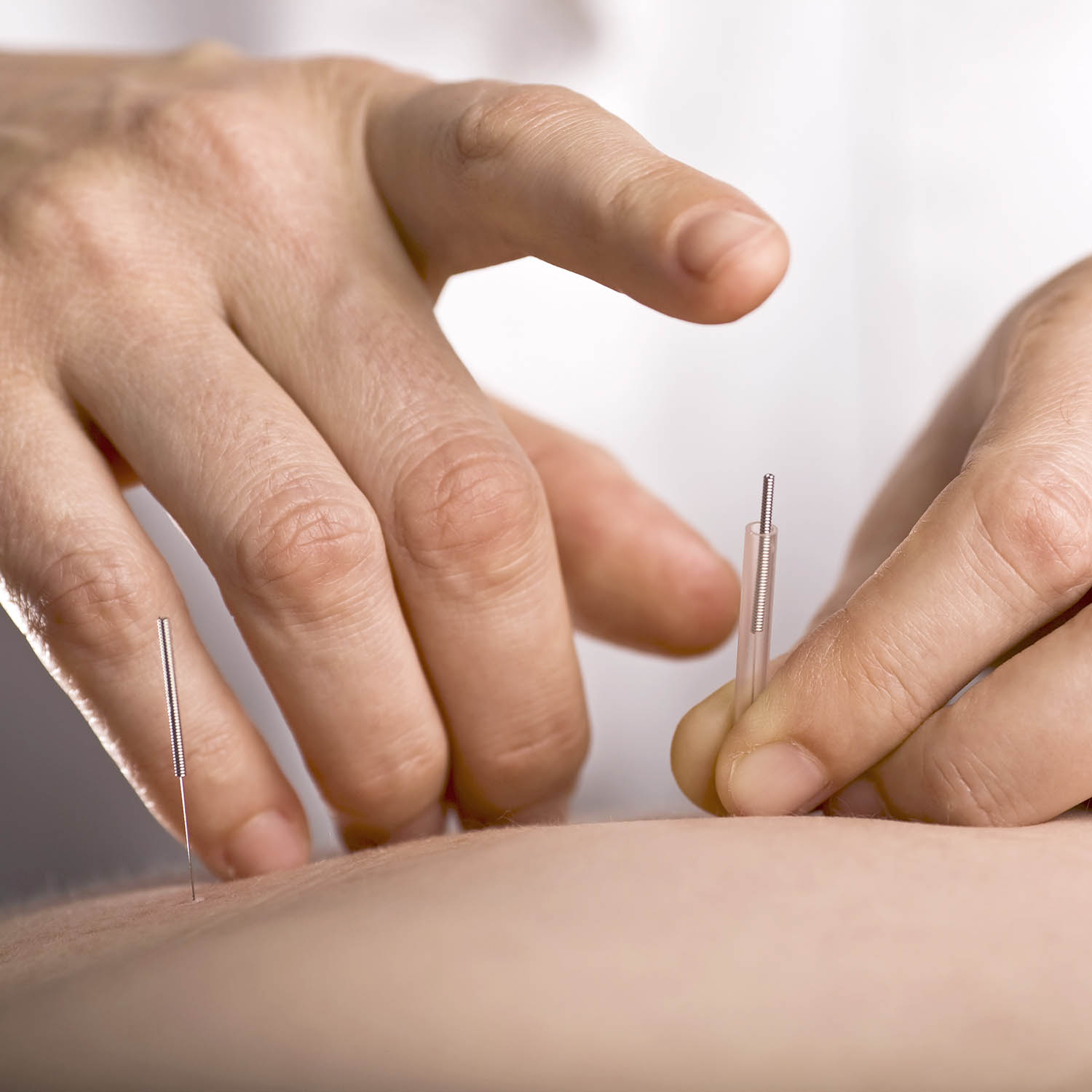For millennia, acupuncture has stood as a beacon of healing, its origins shrouded in the mists of time, its efficacy enduring through the ages. As modern science continues to unlock the secrets of this ancient practice, we embark on a journey through history to explore the fascinating origins of acupuncture.
The Dawn of Acupuncture:
The story of acupuncture begins in ancient China, a land steeped in tradition and wisdom. While the exact origins are obscured by the sands of time, archaeological evidence suggests that acupuncture may have emerged over 2,500 years ago during the Eastern Zhou Dynasty (770–256 BCE). Excavations of ancient tombs have unearthed stone needles and other artifacts believed to have been used for therapeutic purposes, providing tantalizing clues to the early development of this healing art.
The Foundations of Traditional Chinese Medicine:
Acupuncture is intricately woven into the fabric of Traditional Chinese Medicine (TCM), a holistic approach to health that views the body as a harmonious balance of opposing forces—yin and yang, and the flow of vital energy known as qi (pronounced “chee”). According to TCM philosophy, illness arises from disruptions in the flow of qi along pathways called meridians, and acupuncture serves to restore balance and promote the body’s natural healing processes.
The Yellow Emperor’s Classic of Internal Medicine:
One of the earliest written records of acupuncture can be found in the Yellow Emperor’s Classic of Internal Medicine (Huangdi Neijing), a seminal text dating back to the 3rd century BCE. Compiled during the Warring States period, this ancient treatise is attributed to the legendary Yellow Emperor, Huangdi, and is regarded as the foundational scripture of TCM. Within its pages, the Neijing expounds upon the principles of acupuncture, detailing meridian pathways, acupuncture points, and therapeutic techniques that continue to guide practitioners to this day.
The Evolution of Acupuncture:
Over the centuries, acupuncture evolved and diversified, adapting to the cultural and geographical landscapes it encountered. As trade routes expanded and knowledge spread across Asia, acupuncture spread to neighboring countries such as Japan, Korea, and Vietnam, each adding its own unique interpretations and techniques to the practice.
Acupuncture in the West:
The journey of acupuncture beyond the shores of Asia began in the 17th century when Jesuit missionaries traveling in China documented their encounters with this mysterious healing art. However, it wasn’t until the 20th century that acupuncture gained wider recognition in the West, thanks in part to the efforts of pioneers like French physician Dr. George Soulié de Morant, who studied acupuncture in China and introduced it to Europe.
Modern Science Meets Ancient Wisdom:
As interest in acupuncture grew, so too did scientific scrutiny. In the latter half of the 20th century, researchers began conducting clinical trials and studies to investigate the efficacy and mechanisms of acupuncture. While skeptics questioned its validity, a growing body of evidence supported its effectiveness in treating a wide range of conditions, from chronic pain and musculoskeletal disorders to nausea and migraine headaches.
The Acupuncture Renaissance:
Today, acupuncture enjoys a resurgence of interest and acceptance, with millions of people worldwide turning to this ancient therapy for relief and healing. In the United States, acupuncture has gained recognition as a complementary and alternative medicine (CAM) modality, with many hospitals and healthcare facilities offering acupuncture services alongside conventional treatments.
Looking to the Future:
As we stand on the threshold of a new era, the future of acupuncture shines bright with promise. Advances in technology, neuroscience, and genetics hold the potential to deepen our understanding of acupuncture’s mechanisms and optimize its therapeutic benefits. From ancient wisdom to modern science, the journey of acupuncture continues to unfold, offering hope and healing to generations yet to come.
The origins of acupuncture are a testament to the ingenuity and resilience of the human spirit. As we delve into the annals of history, we discover a timeless tradition that transcends borders and bridges cultures, offering a pathway to health and wellness that endures through the ages.




